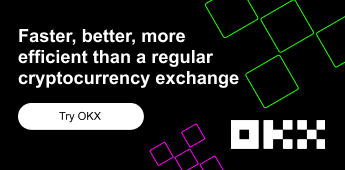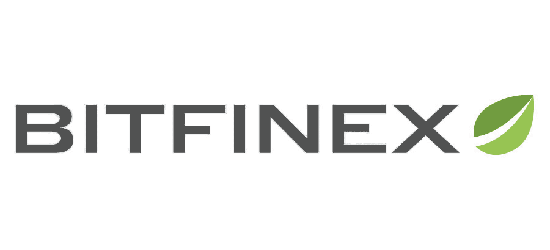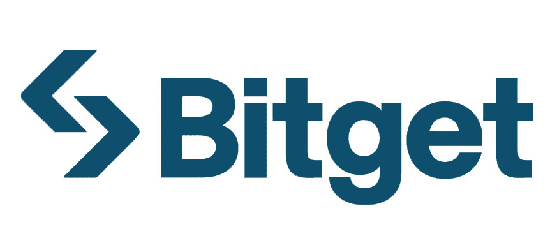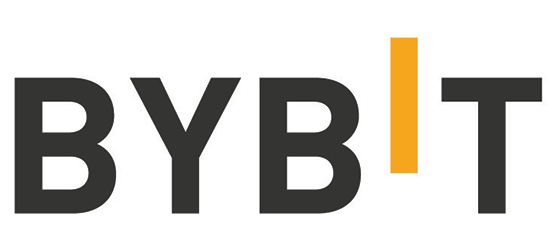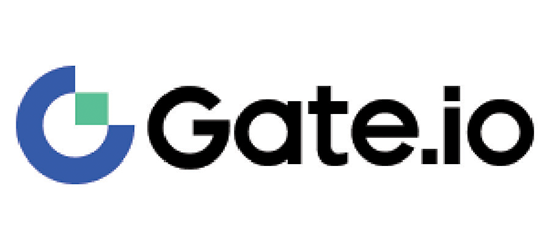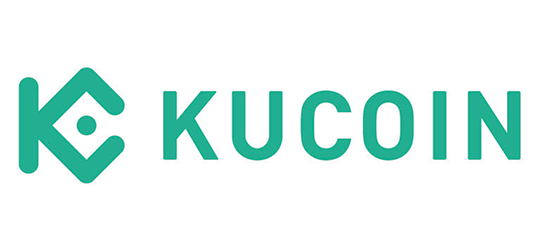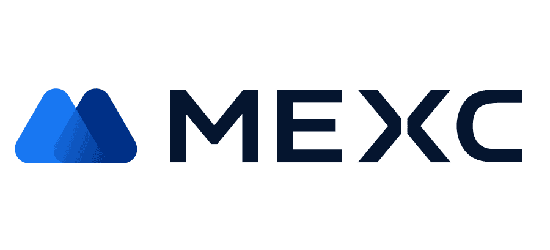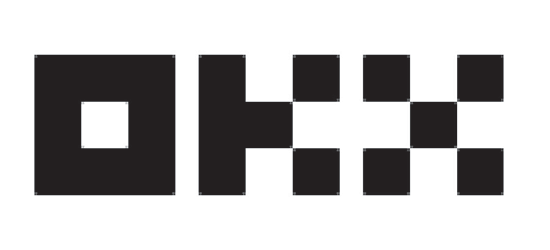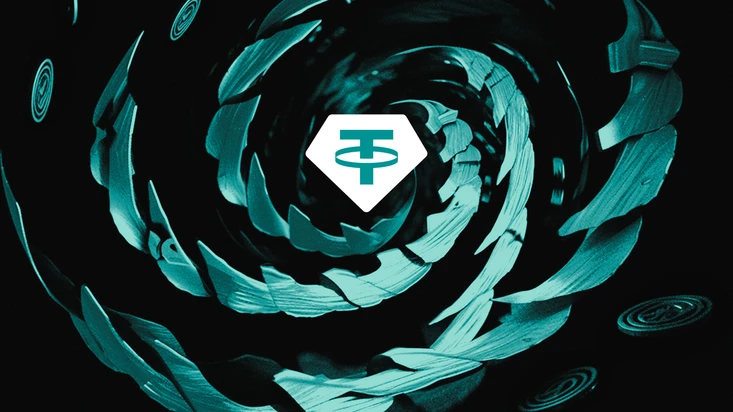
5 Best Tether (USDT) Wallets
Looking to store Tether? In this article, we will explore the five best Tether (USDT) wallets for USDT storage available in 2023, including hardware and software wallets. We will also discuss the factors to consider when choosing a Tether wallet and the blockchain networks it supports.
Tether (USDT) is a stablecoin that is pegged to the value of the US dollar, making it a popular choice for many investors. Whether you are a crypto trader, miner, holder, or just a beginner, having a reliable and secure wallet to store your USDT tokens is crucial. With so many options available, it can be challenging to choose the best one.
What is a Tether (USDT) Wallet?
Let’s start with the definition of a Tether or USDT Wallet.
A Tether (USDT) wallet is a digital wallet designed to store and manage Tether tokens or USDT funds. It operates similarly to a traditional bank account, providing a means to send, receive, and store USDT. Each wallet is associated with a public key, similar to an account number, and a private key used to access and manage the funds.
Tether wallets have various features, such as security and privacy measures, compatibility with different blockchain networks, and the ability to connect to decentralized applications (DApps).
Types of Tether Wallets
There are different types of Tether Wallets on the market depending on your needs and purposes.
In general, the types of Tether (USDT) wallets include:
-
Hardware Wallets: These wallets store Tether tokens offline, providing enhanced security by minimizing the risk of online hacking. Popular brands include Ledger and Trezor.
-
Mobile Wallets: Tether wallets are designed for mobile devices, offering convenience and instant connectivity with exchanges or apps. An example is the Crypto.com Wallet.
-
Desktop Wallets: Installed on a computer, these wallets are used to store and trade Tether tokens. They provide a secure way to manage USDT on a desktop platform.
-
Web Wallets: Accessible via supported web browsers, web wallets allow users to manage their Tether tokens from various devices. It is important to ensure the security of web wallets due to their online nature.
When choosing a Tether wallet, it is essential to consider the specific features, security, and compatibility with the intended blockchain network to ensure the safety and seamless management of Tether tokens.

Factors to Consider When Choosing a Tether Wallet
When choosing a Tether (USDT) wallet, several factors should be considered to ensure the security and compatibility of the wallet. The following key factors should be taken into account:
-
Security Features: Look for a Tether wallet that offers strong security features, such as encryption, password protection, two-factor authentication, backup options, and recovery phrases. It is advisable to avoid storing large amounts of Tether in online or web-based wallets due to their vulnerability to cyberattacks.
-
Compatibility: Tether is available on different blockchain networks, such as Ethereum, Tron, and Bitcoin Cash, each with its type of Tether token, such as ERC-20, TRC-20, or SLP. Therefore, choose a Tether wallet that supports the specific type of Tether token you intend to use and the blockchain network you plan to operate on. Additionally, check if the Tether wallet is compatible with other cryptocurrencies and exchanges.
-
Ease of Use: Consider the user interface and overall user experience of the Tether wallet. Opt for a wallet that is easy to navigate and use, especially if you are new to cryptocurrency management.
-
Customer Support: Select a Tether wallet that provides exceptional customer service to address any issues that may arise, especially considering the various Tether tokens and their associated blockchain networks.
-
Additional Features: Some Tether wallets offer extra features such as staking, dApp integration, and multi-currency support. Consider these additional features based on your specific requirements.
By considering these factors, you can make an informed decision when choosing a Tether wallet that aligns with their security needs and blockchain network compatibility.
5 Best Tether (USDT) Wallets
Based on the internet and people’s opinions research, here are the top 5 Tether (USDT) wallets:
Ledger Nano X
A hardware wallet is known for its high-level security and support for Tether and over 1,800 other cryptocurrencies. The Ledger Nano X offers several key features, making it a popular choice for securely managing various cryptocurrencies.

Source and Copyright © Ledger
Some of its key features include:
-
Bluetooth Connectivity: The Ledger Nano X features Bluetooth Low Energy (BLE) connectivity, allowing it to seamlessly connect with smartphones and other devices. This feature provides added convenience for users, enabling them to manage their crypto assets on the go.
-
Large Screen: The device is equipped with a 128x64 pixel screen, which enhances the user experience by providing clear and detailed information during the management of crypto assets.
-
Secure Element: The Ledger Nano X is built with a certified secure chip (CC EAL5+), known as a Secure Element (SE), which provides an extra layer of security for the storage and management of private keys and sensitive data.
-
Extensive Coin Support: The Ledger Nano X supports over 5,500 coins and tokens, including Tether (USDT), making it a versatile solution for users with diverse cryptocurrency portfolios.
-
Companion App: Through the Ledger Live app and its partners, users can securely buy, exchange, and grow their crypto assets, further enhancing the utility of the Ledger Nano X.
-
User-Friendly Design: The Ledger Nano X is designed to be small, lightweight, and inconspicuous, weighing only 34 grams, making it convenient for users to carry and use.
-
State-of-the-Art Security Protocol: The Bluetooth protocol used by the Ledger Nano X ensures authentication through numeric comparison and confidentiality using AES-based encryption, providing a high level of security for the wireless connection.
Price: ~ $175
Trezor
Another reputable hardware wallet that provides secure storage for Tether tokens, making it a suitable choice for those with significant exposure to USDT. Trezor is a popular hardware wallet that offers several key features to securely manage various cryptocurrencies.

Source and Copyright © Trezor
Some of its key features include:
-
Secure Key Generation: Trezor wallets generate private keys using a secure hardware random number generator, ensuring that your private keys are never exposed to the internet and are stored offline.
-
Advanced Security Features: Trezor provides additional security features such as recovery seeds, passphrases, and hidden wallets to protect your funds and ensure that you can restore access to your wallet if your Trezor device is lost or stolen.
-
Transaction Signing and Verification: Trezor wallets use your private key to create a digital signature for transactions, ensuring that only the rightful owner of the funds can access and authorize transactions without revealing sensitive information.
-
Privacy Focus: Trezor simplifies the process of creating new addresses for each transaction, ensuring that your Extended Public Key (XPUB) remains confidential and protecting your privacy.
-
User-Friendly Design: Trezor hardware wallets are designed to be easy to use, affordable, and meet the needs of a diverse range of users, including experienced crypto enthusiasts and newcomers.
-
Innovation and Industry Focus: Trezor is committed to open-source innovation, privacy, and future-proofing its products, ensuring that users can trust their hardware wallet for the long term.
Price: starting from $65
MetaMask
A non-custodial software wallet and browser extension that supports Tether and offers a user-friendly interface. MetaMask is available as a browser extension and a mobile app.
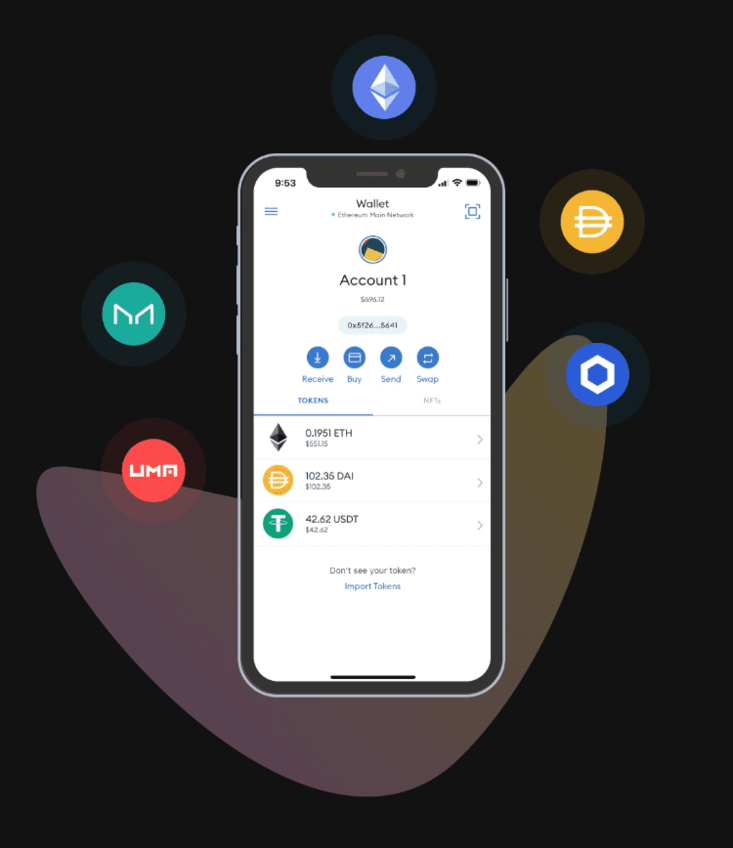
Source and Copyright © MetaMask
Some of its key features include:
-
Security Measures: MetaMask prioritizes the protection of user funds by employing robust security measures, including password authentication, private keys, and a seed phrase backup. Users generate a password and a seed phrase of at least 12 words to protect their funds.
-
Decentralized Applications (dApps) Support: MetaMask offers extensive support for decentralized applications (dApps) built on the Ethereum blockchain. Users can effortlessly connect to dApps, participate in token sales, and engage in yield farming or staking activities.
-
User-Friendly Interface: MetaMask is designed to provide a clear and simple interface, making it accessible to users with and without experience. It offers an accessible dashboard showing the amount of the account, a history of transactions, and other relevant information.
-
Self-Custodial Wallet: MetaMask is a self-custodial wallet, meaning that users are always in control when interacting on the decentralized web. It generates passwords and keys on the user's device, ensuring that only the user has access to their accounts and data.
-
Community and Support: MetaMask is powered by a strong global community and offers resources for users to contribute and learn. It fosters a collaborative environment where users can interact, share experiences, and seek assistance.
Price: free to use, but has customized fees
Trust Wallet
A versatile non-custodial wallet is available on iOS and Android, known for its support of multiple cryptocurrencies, including Tether. Trust Wallet offers several key features that make it a preferred choice for managing digital assets.
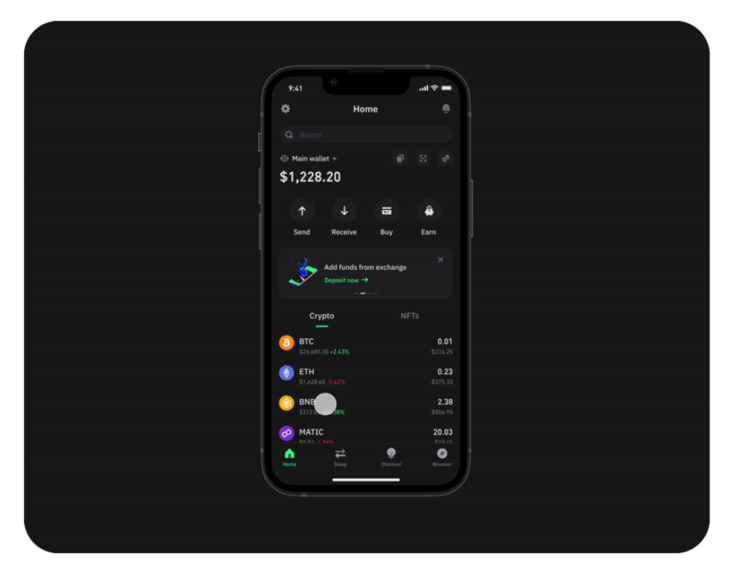
Source and Copyright © Trust Wallet
Some of its key features include:
-
Self-Custody and Security: Trust Wallet provides users with full control over their private keys, ensuring that they have complete ownership and responsibility for their funds. The wallet employs industry-leading encryption and security measures to safeguard user assets.
-
Recovery Phrase: Upon signing up, Trust Wallet assigns a wallet that must be backed up with a unique 12-word recovery phrase. This phrase is essential for recovering the wallet and accessing the funds in case of device loss or replacement.
-
Multi-Chain Support: Trust Wallet offers support for over 70 blockchain networks, allowing users to manage a diverse crypto portfolio with ease. This includes prominent networks such as Ethereum and Binance Smart Chain.
-
User-Friendly Interface: The wallet is designed to provide a simple and intuitive interface, making it accessible to both new and experienced users. It also features an in-built DApp browser, enabling users to explore decentralized applications and the DeFi space.
-
Staking Support: Trust Wallet supports staking, allowing users to participate in various staking activities and earn rewards on supported blockchain networks.
Price: free to use, but has customized fees
Exodus Wallet
A desktop multicurrency software crypto wallet that supports multiple cryptocurrencies, including USDT. Exodus can be used for both simple storage of cryptocurrencies and performing various operations with them.

Source & Copyright: © Exodus Wallet
Some of its key features include:
-
Desktop and Mobile Applications: Exodus is available for Windows, macOS, Linux, Android, and iOS, providing users with a choice of platform.
-
User-Friendly Interface: The wallet offers an intuitive and easy-to-use interface, making it accessible to users with varying levels of experience.
-
Supports Over 225 Cryptocurrencies: Exodus supports a wide range of cryptocurrencies, including Tether (USDT).
-
Built-in Swap Exchange: The wallet features a built-in swap exchange service, allowing users to exchange one cryptocurrency for another.
-
24/7 Support: Exodus offers round-the-clock customer support to assist users with any issues or questions they may have.
-
Reliable Protection of User Data: Exodus ensures that user data is securely stored locally on the user's device, and no information about the wallet is stored on Exodus servers.
-
Custom and Unsupported ERC-20 Tokens: Exodus allows users to manage custom and unsupported ERC-20 tokens, providing a comprehensive solution for managing various digital assets.
Price: free to use, but has customized fees
When choosing the best Tether wallet, it is essential to prioritize security, consider the specific features offered by each wallet, and ensure compatibility with the intended blockchain network. Additionally, regular updates and strong customer support are important factors when selecting the most suitable Tether wallet for individual needs and preferences.
How to Choose a Tether Wallet
When choosing a Tether (USDT) wallet, several factors should be considered to ensure the security and compatibility of the wallet. The following factors should be taken into account:
| Security Features | Security is paramount when choosing a Tether wallet. Look for wallets that offer robust security features such as private keys, PIN codes, fingerprint locks, two-factor authentication, and encryption standards to protect your USDT tokens |
| Compatibility | Ensure that the Tether wallet is compatible with the specific blockchain network and type of Tether token you intend to use. Different wallets support various blockchains, such as Ethereum (ERC-20), Tron (TRC-20), and others, so it's essential to choose a wallet that aligns with your specific requirements |
| Convenience and Device Compatibility | Consider the convenience and device compatibility offered by the Tether wallet. Some wallets are designed for mobile, while others work on desktops or via a web browser. Choose a wallet that fits your lifestyle and preferred devices |
| Community and Support | Explore the community around the wallet and ensure that the wallet provider offers reliable customer support. A vibrant and responsive community can provide valuable support when you encounter issues or have questions about the wallet |
| Transaction Costs and Additional Features | Be aware of transaction costs associated with the Tether wallet and consider any extra features like staking or dApp integration that the wallet may offer |
By considering these factors, you can make an informed decision when choosing a Tether wallet that aligns with their security needs and blockchain network compatibility.
How to Get/Open and Use Tether (USDT) Wallet?
To get and use a Tether (USDT) wallet, follow these steps:
-
Choose a Tether Wallet: Select a Tether wallet that suits your needs and preferences, such as Ledger Nano X, Trezor, or Trust Wallet.
-
Create an account: Sign up for an account with the chosen wallet. This usually involves providing your email address and creating a password.
-
Verify your identity: To deposit or withdraw USDT, you may need to complete a verification process. This can involve providing personal information or undergoing identity verification.
-
Add Tether (USDT) to your wallet: Deposit USDT tokens into your wallet from an exchange or another wallet. This process may involve sending the tokens to your wallet's deposit address.
-
Access wallet features: Once the USDT tokens are in your wallet, you can access various features such as buying, selling, swapping, and more, depending on the wallet's capabilities.
-
Secure your wallet: Always follow best practices to secure your wallet, such as enabling two-factor authentication, using strong passwords, and keeping your private keys safe.
-
Stay vigilant: Be cautious of unsolicited messages or emails asking for your wallet information, as they may be phishing attempts to steal your assets. Always verify the source and never click on suspicious links.
By following these steps, you can create, use, and secure a Tether (USDT) wallet to manage your USDT tokens.
Conclusion
In conclusion, choosing the right Tether (USDT) wallet is a critical decision for anyone looking to manage their digital assets securely. The search results have highlighted several reputable and secure Tether wallets, including Ledger Nano X, Trezor, MetaMask, Trust Wallet, and Exodus. These wallets offer various features such as advanced security measures, user-friendly interfaces, multi-chain support, and compatibility with different blockchain networks.
When choosing a Tether wallet, it is essential to prioritize security, consider the specific features offered by each wallet, and ensure compatibility with the intended blockchain network. Additionally, regular updates and strong customer support are important factors when selecting the most suitable Tether wallet for individual needs and preferences.
By following these guidelines, you can decide when to choose a Tether wallet that aligns with your security needs and blockchain network compatibility.

FAQ
What Is the Safest Tether Wallet?
The safest Tether (USDT) wallet is subjective and depends on individual preferences and needs. However, some of the most secure Tether wallets include hardware wallets such as Ledger Nano X and Trezor, which offer advanced security features such as private keys, PIN codes, fingerprint locks, and two-factor authentication.
How Does a Tether Wallet Work?
A Tether wallet serves as a secure storage solution for USDT tokens. It operates similarly to a traditional bank account, providing a means to send, receive, and store USDT. Each wallet is associated with a public key to access and manage the funds. The private key must be kept secure to prevent unauthorized access to the stored USDT.
Is USDT Wallet Free?
The majority of Tether (USDT) wallets are free to use. For instance, Trust Wallet, Freewallet, and YouHodler offer free Tether wallets with no associated costs. However, if you choose hardware wallets they may cost from $59 to $239 depending on the wallet itself and its features. It is crucial to follow the official websites to know the prices and conditions.
How to Buy Tether?
To buy Tether (USDT), you can use various platforms such as Kraken, Coinbase, MoonPay, Paxful, and others. To buy Tether on Kraken, you need to create a free account, connect a funding method, and complete your Tether purchase with as little as $10. On Coinbase, you can select Tether from the list of assets, ensure everything looks good, and then confirm your purchase.
Binance Exodus Wallet Kraken Ledger MetaMask Trezor Trust Wallet





